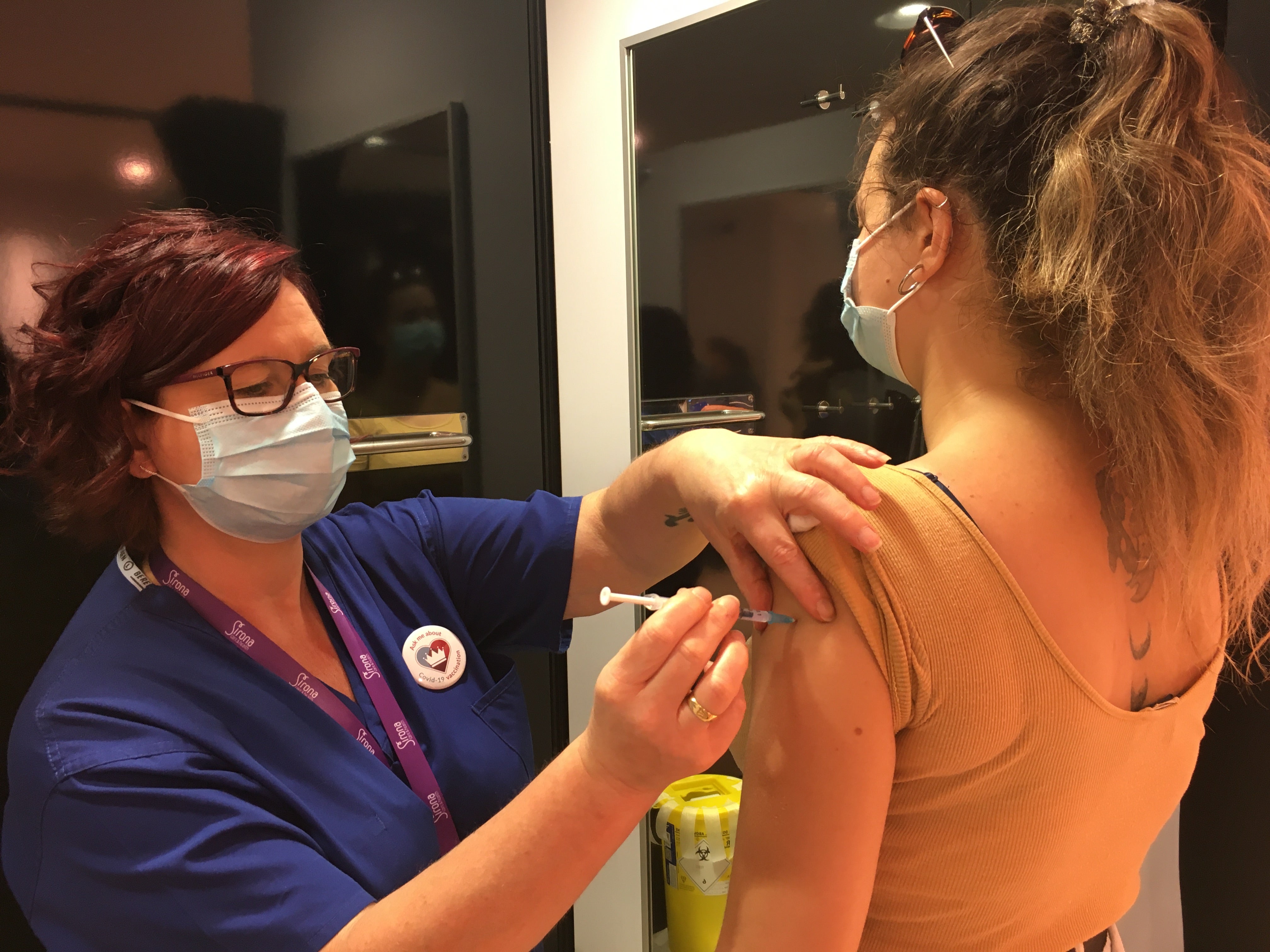Running NHS closer to full capacity ‘made UK’s Covid response more expensive’
The UK spent more than most other advanced economies trying to respond to the crisis

Your support helps us to tell the story
From reproductive rights to climate change to Big Tech, The Independent is on the ground when the story is developing. Whether it's investigating the financials of Elon Musk's pro-Trump PAC or producing our latest documentary, 'The A Word', which shines a light on the American women fighting for reproductive rights, we know how important it is to parse out the facts from the messaging.
At such a critical moment in US history, we need reporters on the ground. Your donation allows us to keep sending journalists to speak to both sides of the story.
The Independent is trusted by Americans across the entire political spectrum. And unlike many other quality news outlets, we choose not to lock Americans out of our reporting and analysis with paywalls. We believe quality journalism should be available to everyone, paid for by those who can afford it.
Your support makes all the difference.Running the NHS closer to full capacity made the UK’s response to the Covid-19 crisis more expensive, according to a Government economic adviser.
Office for Budget Responsibility chairman Richard Hughes said that while nearly all countries had some kind of furlough scheme and had to increase their spending on healthcare, the UK Government was forced to spend much more to protect its citizens.
“Part of the explanation is that we were worse hit by the pandemic itself,” he said, citing case numbers and longer lockdowns.
“That just meant that we had to spend more money on healthcare to deal with the consequences of the pandemic for the health service,” Mr Hughes told MPs on the Treasury Select Committee.
We had a more severe recession, we spent more time in lockdown and that meant we had to spend more on support to individuals and businesses to get them through the pandemic
“And also we had a more severe recession, we spent more time in lockdown and that meant we had to spend more on support to individuals and businesses to get them through the pandemic.”
“But it is also the case – and there may be some connection between the two – that we went into the pandemic both with less spare capacity in the health service compared with other advanced economies.
“Including things like doctors and nurses per capita, ICU beds per capita … and also we had a welfare system which was relatively ungenerous to working people on middle incomes.
“This meant that we had to cobble together the furlough scheme to manage the number of people who had to temporarily exit employment during the pandemic, and that also added to the cost.”
The OBR found that the UK’s spending on the pandemic was the third largest among 35 advanced economies.
However Mr Hughes warned against assuming that by spending more on the NHS the UK could insulate itself from the next financial crisis.
“What if the next shock is a cyber attack? What if the next shock is out-of-control climate change?
“You might have spent a lot in one area and wish you had firepower left to spend in another area. “